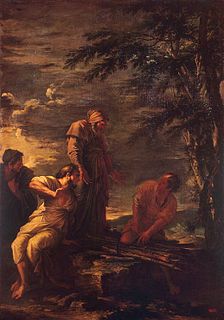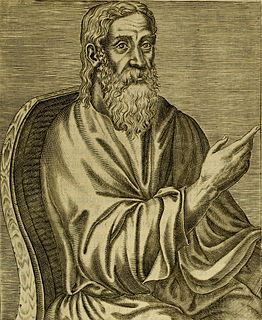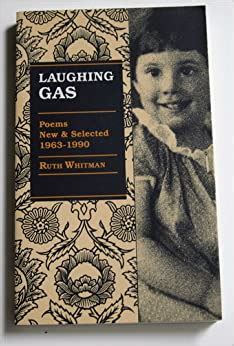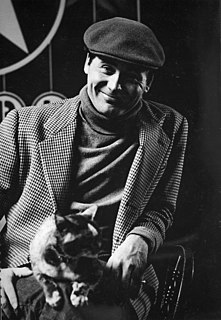A Quote by Milan Kundera
Art is the human disposition of sensible or intelligible matter for an esthetic end.
Quote Topics
Related Quotes
Warhol and other Pop artists had brought the art religion of art for art's sake to an end. If art was only business, then rock expressed that transcendental, religious yearning for communal, nonmarket esthetic feeling that official art denied. For a time during the seventies, rock culture became the religion of the avant-garde art world.
Art makes people do a double take and then, if they're looking at the picture, maybe they'll read the text under it that says, "Come to Union Square, For Anti-War Meeting Friday." I've been operating that way ever since - that art is a means to an end rather than simply an end in itself. In art school we're always taught that art is an end in itself - art for art's sake, expressing yourself, and that that's enough.
In every art beginners must start with models of those who have practiced the same art before them. And it is not only a matter of looking at the drawings, paintings, musical compositions, and poems that have been and are being created; it is a matter of being drawn into the individual work of art, of realizing that it has been made by a real human being, and trying to discover the secret of its creation.
Pop is everything art hasn't been for the last two decades...It springs newborn out of a boredom with the finality and over-saturation of Abstract-Expressionism, which, by its own esthetic logic, is the END of art, the glorious pinnacle of the long pyramidal creative process. Stifled by this rarefied atmosphere, some young painters turn back to some less exalted things like Coca-Cola, ice-cream sodas, big hamburgers, super-markets and 'EAT' signs. They are eye-hungry; they pop.
Art isn't only a painting. Art is anything that's creative, passionate, and personal. And great art resonates with the viewer, not only with the creator...
Art is a personal gift that changes the recipient. The medium doesn't matter. The intent does.
Art is a personal act of courage, something one human does that creates change in another.




































